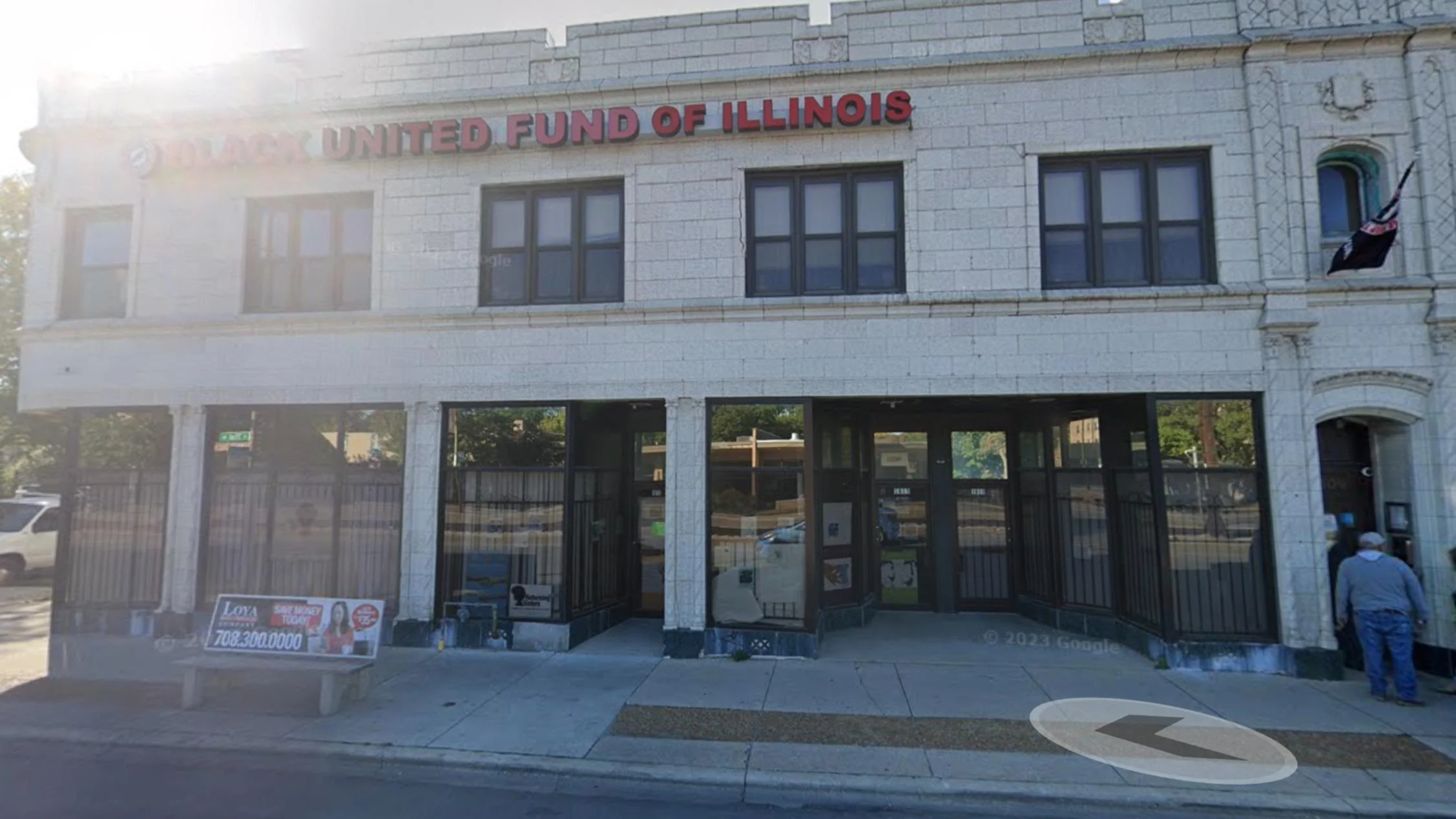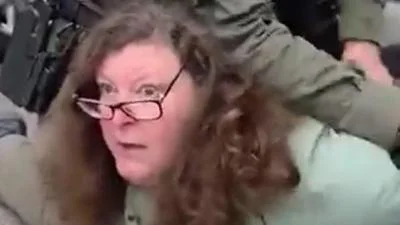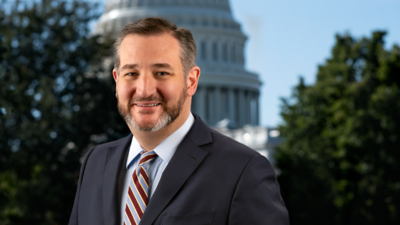Black United Fund Of Illinois Inc Building | google.com
Black United Fund Of Illinois Inc Building | google.com
This appropriation represents state-level funding authorized by lawmakers, reflecting what was approved in the budget, not necessarily disbursed. The funds cover only State of Illinois support and exclude federal, local, or other public sources.
Founded in 1983 by Henry L. English, Black United Fund of Illinois states that its mission is: “The Black United Fund of Illinois (BUFI) is a premier nonprofit organization in Chicago, dedicated to advancing economic empowerment and educational opportunities within underserved communities. As one of the best nonprofit organizations in Chicago, BUFI ensures a high ratio of donations goes directly toward impactful community-centered initiatives.”
You can learn more about the organization at its website.
In its most recent IRS Form 990 filing filing for tax year 2024, the organization reported $2,508,130 in total revenue.
The nonprofit listed $2,530,440 in contributions overall. It also reported $28,703 categorized under other contributions, which may include restricted donations, pledges, or bequests.
At the beginning of 2024, Black United Fund of Illinois had $1,325,630 in assets. By the end of 2024, that figure had changed to $1,225,230, indicating a 7.6% decline in overall holdings.
However, a Chicago City Wire analysis found that IRS filings frequently contain discrepancies when compared with publicly disclosed government grant reports and budgets.
Black United Fund of Illinois is one of hundreds of nonprofits across Illinois that receive substantial support from state taxpayers while also fundraising privately.
In 2025, Illinois lawmakers introduced House Bill 1266, also known as the Department of Government Efficiency (DOGE) Act. The proposal would create a new oversight body within the Office of the Auditor General tasked with identifying cost-saving measures, reviewing agency performance, and advising on audit priorities. If passed, DOGE could bring additional scrutiny and performance evaluation to taxpayer-funded organizations.
According to ProPublica, Illinois has more than 78,000 active tax-exempt organizations, including nearly 60,000 classified as charitable nonprofits. In their most recent IRS filings, these groups reported a combined revenue exceeding $156 billion.
| Term | Name | Title |
|---|---|---|
| 2024-2024 | Alvin Boutee | Treasurer |
| 2024-2024 | Carlos West | Chairman |
| 2024-2024 | Carolyn D Day | Executive Dir. |
| 2024-2024 | Charles Johnson | Director |
| 2024-2024 | Diane Dinkins | Director |
| 2024-2024 | Felicia A Fortenberry | Director |
| 2024-2024 | Lafayette Ford | Director |
| 2024-2024 | Robert Starks | Board Member |
| 2024-2024 | Spencer Leaks | Director |
| 2024-2024 | Vincent Williams | Director |
| Year | Name | Title | Compensation |
|---|---|---|---|
| 2024 | Iris Dunmore | Project Specialist | - |
| 2024 | Lestine Byars | Case Manager | - |
| 2024 | Nkrumah English | Program Officer | - |
| 2024 | Nkrumah English | South Shore | - |
| 2024 | Robert Davenport | Assistant Connects Coordinator | - |
| 2024 | Theresa Adams | Vice President | - |
| 2016 | Laura A Harris | - | |
| 2012 | Cornetta Pickens | Youth Organizer | - |
| 2012 | David Foster | Case Management | - |
| 2011 | Cheswayo G Mphanza | Community Outreach Intern | - |
| 2011 | Gevinn Pearl Banks | Administrative Assistant | - |
| 2010 | Gary Fields | Program Developer And Instructor | - |





 Alerts Sign-up
Alerts Sign-up